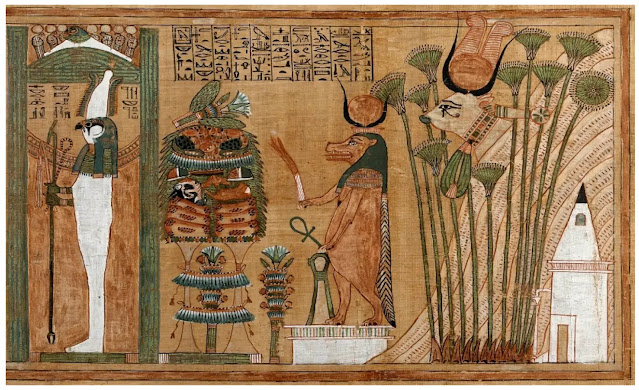
There is only one Bible that is unmatched. Because
(1) it is a revelation of God.
(2) "The breath of God (2 Timothy 3:16)
(3) Clarify in detail the eternal plan and purpose of God.
History about the Word "Bible":
The word "bible" comes from the Greek word Biblia ('books'), which is Biblos An acronym for ('book'), it means the inner bark (scroll) of the papyrus reed (ancient paper) used in ancient books. Daniel 9:2 refers to the prophetic writings of the Old Testament (ta Biblia in the Greek.).”
Holy Bible word usage:
"The preface to the Ecclesiasticus (apocryphal book around 130 BC) called the Old Testament writings" the apart from the law and the prophets as "rest of the books". The author of 1 Maccabees (another apocryphal book) referred to them as "holy books" "(1 Maccabees 12: 9).
The word usage passed to the Christian writings (2 Clement 14: 2 which is an early Christian writing book) and to the 5th century. It began to apply and refer to the entire Bible as Holy Bible after the Christian era Jerome (400 AD) is called Bibliotheca Divina ('Sacred Library'). "
The bible word usage:
" In the 13th century, “the Books” became by common consent “The Book” (Biblia), After universal agreement. These words were introduced into European languages as "The Bible" (Westcott, The Bible in the Church, p. 5). Facts have shown that the evolution of the word "holy books" from a plural concept to a singular concept "The bible" was based on emphasizing the unity of 39 books in the Old Testament and 27 books in the New Testament.
Different names of the Bible:
- Our Lord habitually calls the books of the Old Testament "the Scriptures"(Matthew 21:42; Mark 14:49; John 5:39).
- His followers did the same (Luke 24:32; Acts 18:24; Romans 15: 4).
- Paul referred to them as "Sacred Writings" (2 Timothy 3:15 RSV), "the Holy Scriptures" (Romans 1: 2), and "The very words of God" (Romans 3: 2).
- Jesus called them "the Law of Moses, and the Prophets and the Psalms" (Luke 24:44), echoing the formal arrangements in Hebrew.
- The Old Testament is more simply called "the law and the prophets" (see Matthew 5:17; 11:13; Acts 13:15).
- More simply, the term "law" refers to the Old Testament (John 10:34; 12:34; 15:25; 1 Corinthians 14:21).
- In the latter category, Peter refers to Paul’s epistles as ‘Scriptures’ (2 Pet 3:16).
- There is no complete biblical name for the complete body of Scripture. The only Scriptures known at the time were the Old Testament and the first books of the New Testament. In the last category, Peter refers to Paul's letters as the "‘Scriptures’ " (2 Peter 3:16).
The terms "Old Testament" and "New Testament" Usage:
From the end of the second century. The terms "Old Testament" and "New Testament" have been used to differentiate the Hebrew from the Christian Scriptures.
The formal collection of Christian writings was made after the middle of the 2nd century. was called the New Testament. This collection was placed alongside the Hebrew canonical books as of equal inspiration and authority. The Hebrew Scriptures were then called the Old Testament.
Tertullian, an early Latin father (c. 200), first employed the term Novum Testamentum. Thereafter it came into general use, and the concept of a Christian Bible was crystallized.
Scriptural meaning of New Testament and Old testament:
Applied to the Scriptures the terms Old Testament and New Testament mean strictly Old and New Covenant.
The Word Covenant (Heb. berith; Greek. diatheke) is a continuation of the OT designation for the Mosaic law, the book of the covenant (2 Kgs 23:2).
Paul in this sense speaks of reading ‘the old covenant’ (2 Cor 3:14).
Similarly, the NT use of diatheke is not testament or will (except in Heb 9:16, 17), as in classical Greek, but covenant.
It is important to note that even within the New Testament, many of the events recorded (e.g. the majority of the four gospels) occurred under the Old Covenant.
Not until Christ’s death, attended by the tearing of the curtain which separated the holy place from the most holy place (Mt 27:51), did the legal age end, and the new testament (covenant) actually begin.”
“A meadow of papyrus reeds on an Egyptian papyrus. The word ‘Bible’ is from a Greek word meaning the inner bark of papyrus reed.”




